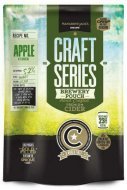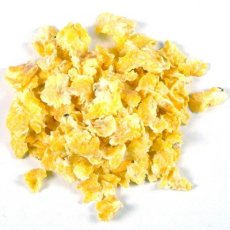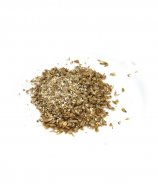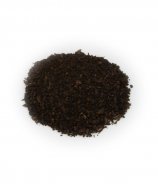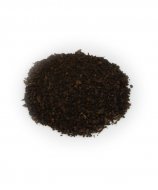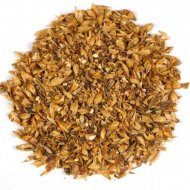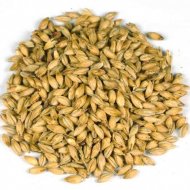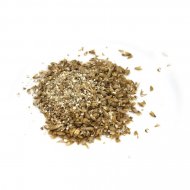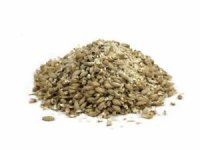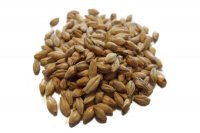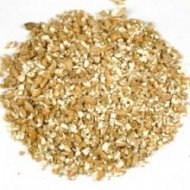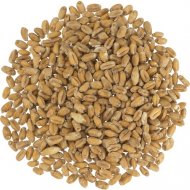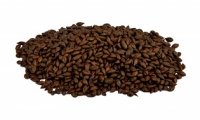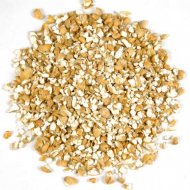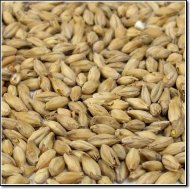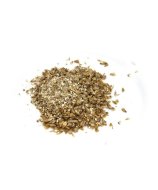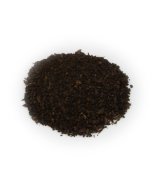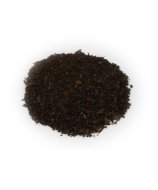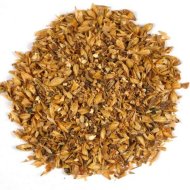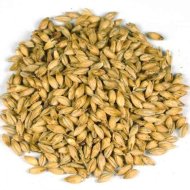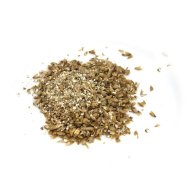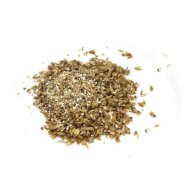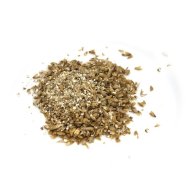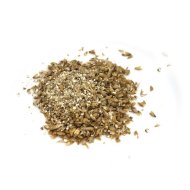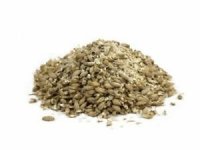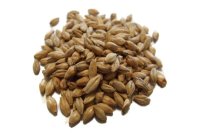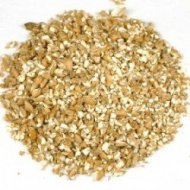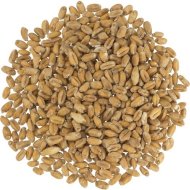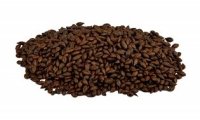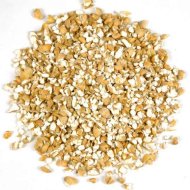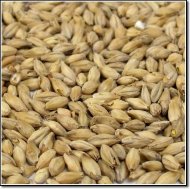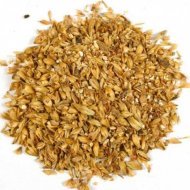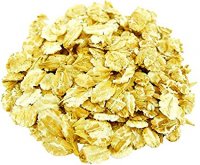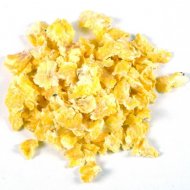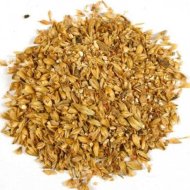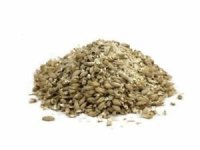Sign up to the Brew Mart newsletter for the latest news, offers & more
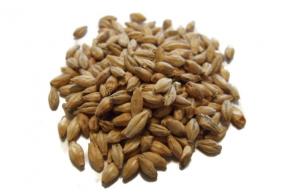
Grains for Brewing
Grain, Malt, Malted Barley crushed, uncrushed or flaked, are the mainstay of the discerning and enthusiastic home and commercial brewer.
Each variety of our grain comes in airtight, heat-sealed, sturdy plastic bags providing maximum freshness.
Brew Mart crushes the grain on-site to offer you the freshest malts for home brewing accessible: however, if you are not at all happy for any reason, please let us know as your feedback is constructive, and we are pleased to be able to help.
The colour of the homebrew grain is measured using EBC (European Brewing Convention).
The higher the EBC, the darker the malt. At Brew Mart, we pride ourselves on offering the best available ingredients for the home brewer.
Malts, grains and the significance of grain in brewing:
Malts: Primarily for beer making or distilling, but occasionally malted grains can be used for bread making and confectionery.
Malts are grains that have undergone the malting process. This procedure involves soaking the grains in warm water to allow them to germinate and then drying and sometimes roasting them to halt germination. Malting develops enzymes in the grains that can convert the starches within the grains into fermentable sugars. These sugars are essential for fermentation, during which yeast converts them into carbon dioxide and alcohol.
Grains: Grains are cereal crops used in brewing. Different grains can be used, and each imparts distinct flavours, colours, and characteristics to the final product. While barley is the most common grain used in brewing, others like wheat, rye, oats, and corn are also used for specific styles.
Malted Barley: This grain has been subjected to the malting process. Barley is a favoured choice for malting due to its high enzyme content, which aids in breaking down the starches into sugars during mashing. Malted grain provides the essential fermentable sugars required for yeast to produce alcohol during fermentation. It also contributes to the beer's flavour, body, and overall character.
Grain Bill: The combination of various malts and grains used in brewing is called the "grain bill." Brewers carefully select different types of malts and grains and their proportions to achieve the desired flavour, colour, and characteristics in the final beer. The choice of grains in the grain bill can influence factors such as sweetness, bitterness, mouthfeel, and overall complexity of the beer.
Mashing: After malting, the grains are crushed to form a coarse powder known as grist. The grist is mixed with hot water in a process called mashing. During mashing, the enzymes present in the barley break down the starches into fermentable sugars, resulting in a sweet liquid known as the wort. The wort (sweet liquid) is then separated from the spent grains.
Adjunct Grains: Besides the primary malts, brewers may use adjunct grains, non-barley grains added to the grain bill. Adjuncts can include rice, corn, wheat, oats, and more. They can impact the beer's flavour, body, and mouthfeel. Adjuncts are often used in larger quantities in some lighter lager styles.
In summary, malts, grains, and barley are crucial when brewing. They provide the sugars, enzymes, and flavours necessary for fermentation and contribute to the overall character of the finished beer. Carefully selecting and utilising these ingredients allow brewers to create various beer styles with varying profiles.
Malts and grains are vital ingredients in the production of various alcoholic beverages, particularly in the context of brewing beer and distilling spirits like whisky. They provide the fermentable sugars necessary for the fermentation process that converts sugars into alcohol.
Malts: Malts are grains that have undergone a process called malting. Malting involves soaking the grains (typically barley) in water to allow them to germinate and then drying and sometimes roasting them to halt germination. This process develops enzymes in the grains that can break down the starches present in the grains into fermentable sugars. Malts are essential for providing flavour, colour, and sugars to brewing.
Different malts can be used in brewing to achieve various flavours, colours, and characteristics in the final beer. For example:
- Base Malts: These provide the majority of the sugars needed for fermentation. They are lightly roasted and have a mild flavour.
- Speciality Malts: These are roasted to varying degrees and add colour, flavour, and complexity to the beer. They can contribute flavours like caramel, chocolate, coffee, and more.
Grains: Grains refer to various cereal crops, such as barley, wheat, rye, corn, and oats, that can be used in brewing and distilling. While barley is the most commonly used grain when brewing beer, other grains can be used to achieve different flavours and characteristics.
- Wheat: Often used in styles like wheat beers, hefeweizens, and witbiers, wheat can add a smooth, slightly fruity character to the beer.
- Rye: This grain is used in certain styles like rye beers. Rye can add a spicy and slightly earthy flavour to the beer.
- Corn: Commonly used in American light lagers, corn can contribute light and mild flavour to the beer.
- Oats: Used in oatmeal stouts and other styles, oats can provide a smooth and creamy texture to the beer.
In the context of spirits like whisky, grains play a similar role in providing fermentable sugars that are later distilled to create the base alcohol. The choice of grains and their preparation methods greatly influence the flavour profile of the final spirit.
Overall, the selection and treatment of malts and grains are as follows:
- Crucial aspects of the brewing and distillation processes.
- Influencing the taste, aroma, and appearance.
- The overall quality of the alcoholic beverages produced.
Read What is malt?
A guide to brewing



